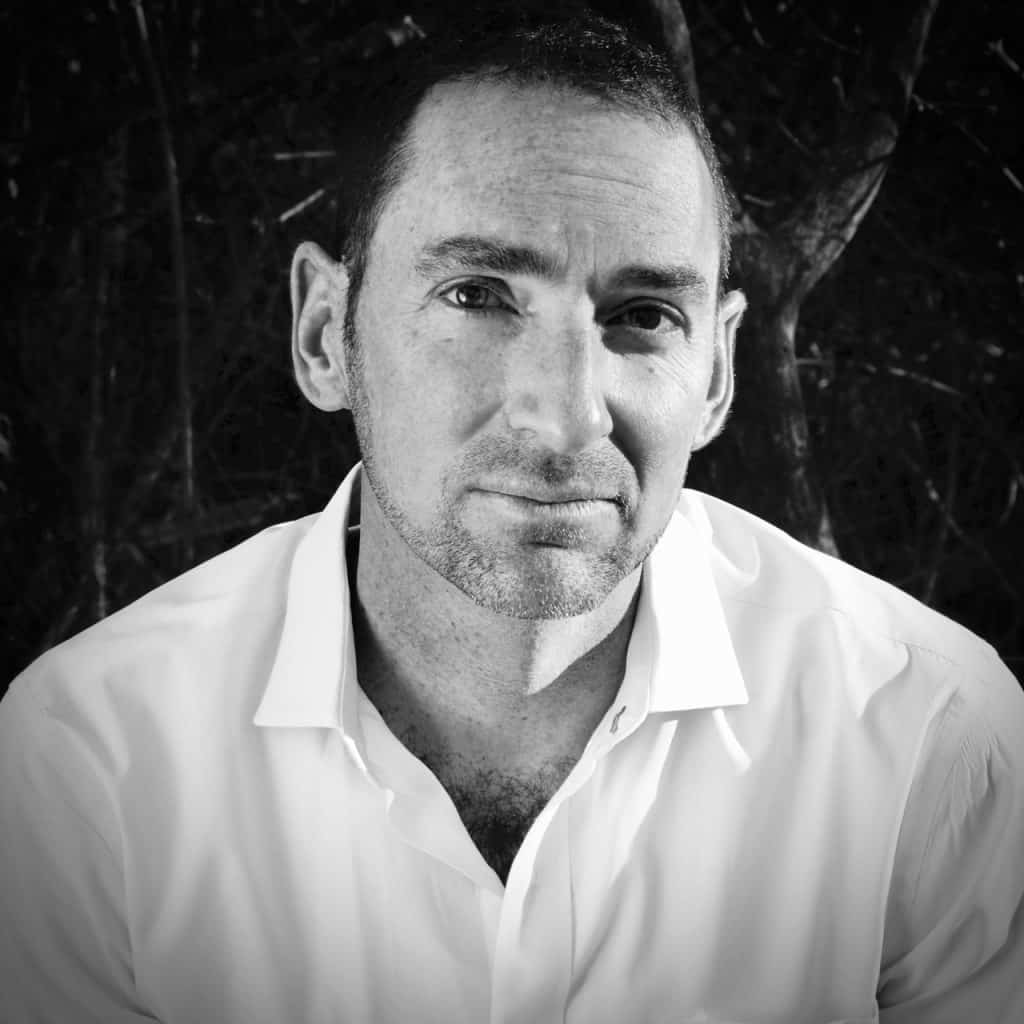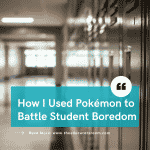How Interest-Based Mentorships Can Transform Education
Have you signed up for The Educator’s Room Daily Newsletter? Click here and support independent journalism!
Late in the spring of my first year teaching, we paused academic classes and bussed over to an auditorium for something called a “Mentorship Festival.”
I had little idea what to expect. At that school, a scrappy 7th-12th grade charter called Monte del Sol in Santa Fe, New Mexico every student had to participate in a year-long mentorship program, run by one of our colleagues, Paquita Hernandez. I’d been so engulfed in my classroom, I had no idea what the students had actually been doing in these mentorships or what they were to present at this “festival.” I guessed we were going to see a few slide shows with sappy music of kids and adults chatting over ice cream, working on homework, maybe shooting hoops.
I couldn’t have been more wrong.
It’s been more than 20 years, but I still remember watching those student presenters step onto the stage, accompanied by their mentors, to share their mentorship experiences. It turns out Paquita had helped each one identify an area they wanted to learn about, and then scoured the city for an expert willing to teach them. One of the first to present was a young man who, since a young child, had been fascinated by–wait for it–glass blowing. Paquita had somehow found him a local glassblower, and now they showed us a video of the young man in full glass-blowing gear, standing before a blazing fire, expertly turning a rod.
This revelation was followed by two students who’d declared an interest in architecture and walked us through pages of professional blueprints they’d created with their architect mentor. Later came a girl who loved dance and had choreographed her own piece with her mentor’s help. She knew it so well, in fact, that when the music glitched out halfway, she finished in beautiful silence without missing a step. Then came the boy who’d studied astrophysics with a retired scientist from Los Alamos, the two kids who learned how to build bikes, the animal lover who’d become a skilled trainer of service dogs, and so on.
The most impactful moment came when Chris took the stage. Chronically disorganized and allergic to all things academic, Chris had sabotaged many a lesson that year, and been the topic of many a meeting. When he took the stage, I held my breath, ready to be embarrassed for him. There was no way he’d had the maturity or discipline to pull off a mentorship outside the structure of school with an adult untrained in pedagogy and child psychology.
Wrong again. Confidently, he took his seat behind a trap set, and with his mentor accompanying on guitar, delivered a skillful, practiced drumming performance that brought down the house. He took the mic afterward and reflected on his mentorship with such eloquence and earnestness it was hard to believe he was the same person who, just the day before, had thrown pencils across my classroom. His mentor followed up with a glowing review of Chris’ maturity, discipline and promise.
With each presentation, I felt as if a curtain were being pulled back, revealing a secret life that existed within each of our students, a rich inner world spinning with dreams, talents, and ambitions. I was floored. It was like learning your friendly next-door neighbor is a Russian spy. I had just spent an entire year teaching English to these children, day in and day out, hour after hour. How come none of them had shared their secret lives with me? How was it possible it had never come up?
Even more disconcerting was the fact that my own understanding of pedagogy had been turned on its head. This quiet program ran counter to everything I had learned about “effective teaching” – it happened out of school hours, had no curriculum, no trained teachers, no exit tickets or tests or grades – and yet it had inspired the students to levels of excellence, discipline, and brilliance that far outshone the results of even the best unit I’d taught in my English class.
My view of education was transformed forever. Within a few years, I had moved out of the classroom to help Paquita run her program, which still thrives today; over the next twenty years, I went on to co-found and direct three interest-based mentorship programs in other settings, in and out of schools, based on Paquita’s model.
The longer I’ve been in the mentorship game, the more I’ve been convinced it’s what all schools should be doing, as routinely as they teach fractions or serve milk at lunch. I’ve spoken with dozens of young adults who experienced this type of mentorship, in programs I’ve worked with or others, and they invariably point to them as defining experiences in their lives.
David, who hated school and often seemed depressed, found his passion in a guitar mentorship. Today he’s a professional bass player. A young woman who was dead set on being a doctor tried it out through a medical mentorship in high school, realized it wasn’t for her–and found her lifelong vocation as a midwife. Even those who did not stay in the same field they explored as children always describe to me, in no uncertain terms, how the experience of following their passion and learning on their own terms with a caring adult expert has helped them live their lives with purpose, meaning and connection.
Such anecdotal evidence is confirmed by longitudinal research on the Big Picture Learning schools, which are the national leaders in this sort of interest-based, out-of-school learning. Compared with students who attended conventional high school, Big Picture high school graduates report higher levels of self-confidence, better relationship-building skills, and a larger sense of purpose, while maintaining the same college graduation rates as their non-Big Picture peers.
Interest-based mentorship is not the next new “flash in the pan” innovation–in fact, there’s nothing innovative about it. Which is why it works so well. Nothing is more natural than a young person who needs or wants to learn something, whether foraging berries or astrophysics, seeking out a knowledgeable adult to guide them. What’s new is the idea of paring back the full slate of our conventional school model to make sure that every young person has the golden opportunity to find out and explore a topic they love–and so that millions of adults have the wonderfully affirming experience of sharing their expertise with a young person who wants to learn.
Educators may not know that January is National Mentoring Month. It is an invitation for educators to take a step back from the regular business of school, and consider how they might harness the power of this type of mentoring–and even how they might do it this very year. It’s surprisingly easy–though not necessarily quick–to set up interest-based mentorship programs. Every place I’ve done it, I’ve found nearly universal support from administrators, parents and caregivers, funders, insurance carriers, and especially the students themselves.
This is the first of a three-part series for The Educators’ Room on interest-based mentoring programs. I’ll be sharing two more posts in the upcoming weeks with tips for helping educators launch their own simple, small interest-based mentoring programs. If you can’t wait till then, you can find some general resources about mentoring at mentoring.org, or feel free to reach out to me at sethbiderman@gmail.com–if the topic’s interest-based mentorships, I’ll always find a moment to share.

A graduate of Brown University (BA) and the University of New Mexico (MA and Ed.S), Seth Biderman is an experienced educator and school administrator. He has worked in public and independent schools in New York City; Cali, Colombia; Washington, DC; and Santa Fe, NM. He has also founded and directed out-of-school mentorship programs to connect young people with areas of personal passion. Most recently he was principal of the 7th and 8th grades and Arts, Languages and Movement program at the Inspired Teaching Demonstration School in DC.

Editor’s Note: If you enjoyed this article, please become a Patreon supporter by clicking here.





